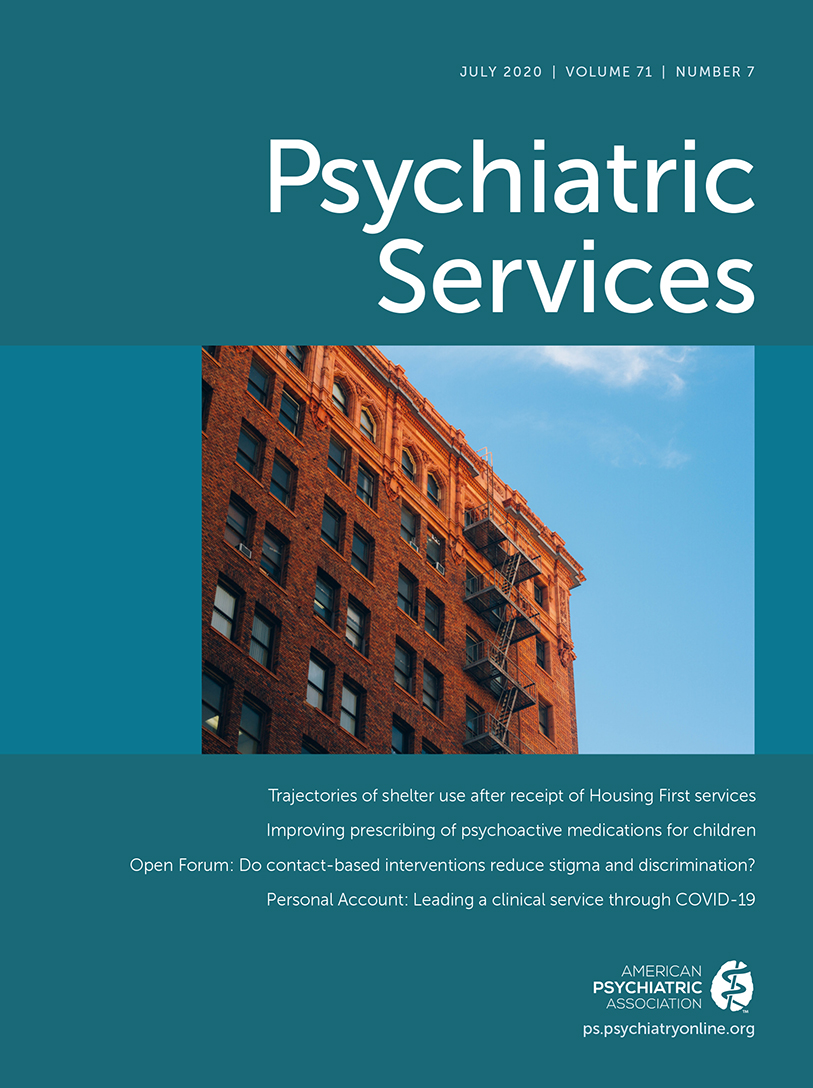Long-Term Unemployment: A Social Determinant Underaddressed Within Community Behavioral Health Programs
Abstract
Employment has the potential to contribute to positive health outcomes for people with serious mental illnesses; however, its flipside, long-term unemployment, is a social determinant that has not been consistently recognized for its negative effects. Therefore, in this column, the authors examined how the widely accepted notion that unemployment is extremely deleterious to health is largely overlooked. Clinical risk factors related to long-term unemployment are identified as well as the inadequate response to them within mental health systems of care. Practical individual- and systems-level strategies to rectify this oversight are outlined.



